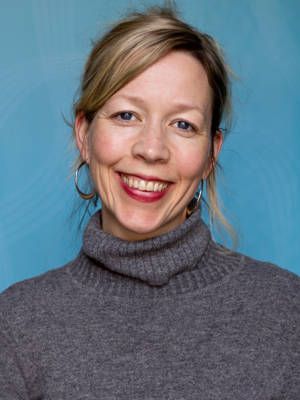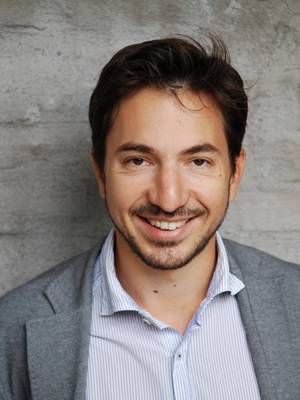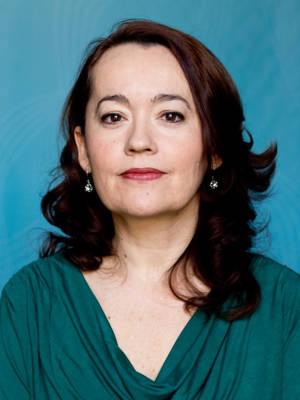The protection of civilians (PoC) became a central concern in the international community in the late 1990s, accompanying an upsurge in humanitarian action and peacekeeping. While considerable efforts have been made by the UN and the humanitarian community to integrate PoC in policies, it is less evident how the principle is operationalized and institutionalized in practices on the ground.
This project aimed to ascertain the role and impact of contemporary policies and practices of PoC by exploring the research question: What is the role and impact of contemporary policies and practices of PoC?
As part of the portfolio of the Norwegian Centre for Humanitarian Studies, the PoC-project has contributed to the development of humanitarianism as a field of study in its own right, internationally and in Norway. The Centre has provided a platform to further critical debate on humanitarian issues and humanitarian policy in Norway, and received a highly positive review in the 2016 HUMPOL evaluation. Over the last three years, the Centre has hosted and co-hosted 77 popular and academic events on humanitarian issues. Together with PRIO, the Centre co-hosts the quarterly Humanitarian Studies Colloquium, which is an academic forum for scholarly discussion of methodological and thematic issues. The Centre has been successful is consolidating collaborations between CMI, NUPI and PRIO, and serves as the hub for NRC research projects on humanitarian issues.
“Policy relevance” has emerged as a major criteria for evaluating the utility and fundability of research. Yet, as researchers we also have a responsibility to think critically about which notion of policy relevance we should go after. As a research collective, we believe that our ambition should be to focus on ethicalforeign policy relevancein research on protection of civilians, here understood as:
- A way of adding to the library of knowledge underpinning a knowledge based humanitarian policy;
- A mode of unpacking the type of power and resource distribution that flow from PoC initiatives – or do not flow.
- A commitment to push back on PoC policies that purport to be humanitarian but are not about protecting vulnerable civilians.
The enormous humanitarian suffering resulting from the failed engagements with Syria and Libya and the continuing fallout for international politics has been the key backdrop of this project. In response, the project has studied protection of civilians as a form of global governance, where political actors are produced as protection actors. This includes both the Veto Powers of the Security Council as well as countries considered emerging humanitarian donors such as Turkey and Brazil. The project has reflected on how humanitarian aid and protection discourses are used as foreign policy while simultaneously re-shaping the humanitarian field.
The Secretary Generals 2016 Agenda for Humanity calls for a concerted global effort to prevent the erosion of international humanitarian and human rights law, and uncompromisingly pursue the protection of civilians. The project has responded to this call by illuminating the complex social and political web which even progressive legal institution building and law reform to protect civilians find themselves in. Here, attention was given to ICC‘s indictment of president al-Bashir and the consequences for activism on reproductive rights and rape law in the Sudan. At the same time, the project has looked at the importance of tailoring PoC to state capacity and existing human rights protection mechanisms. Specifically, the project has focused on how the Kankuamo indigenous people in Colombia used the Inter-American human rights system for protection and as part of their self-protection efforts.
The project has also begun to develop theories of violence to make sense of deliberate violence against civilians in very different situations of airpower used by state-actors possessing highly sophisticated military technology in Afghanistan, and irregular armies in the context of the Sudanese civil war. Our research on South Sudan suggests there must be a focus on the long-term development of local and regional military practices. Moreover that philosophies of war are of major importance in our understanding of why civilians are not adequately protected, and why they are often targets or legitimate collateral, in particular settings. The US military in Afghanistan did change procedures to reduce unintended civilian casualties from airstrikes.
Through a study of Northern Uganda, the project has laid the groundwork for revisiting the humanitarian-development nexus: at a time of “unprecedented crisis”, when and how to draw the line for what constitutes a humanitarian crisis, and how humanitarian actors relate and respond to changes in their operational environment is of key importance.
Studying return programming for Somali refugees, the project has examined how humanitarian aid provision and withdrawal are instruments for preventing displacement or encouraging return. Humanitarian aid to refugees and internally displaced is commonly understood as a temporary activity that ends when people will return home. Hence, the project finds that there is a risk that humanitarian aid – due both to its sedentary bias and practical (funding) realities – becomes implicated in government attempts to govern mobility.
Taken together, these findings yield a rich starting point for further research on the protection of civilians, a topic which has not lost any of its normative and ethical importance.














